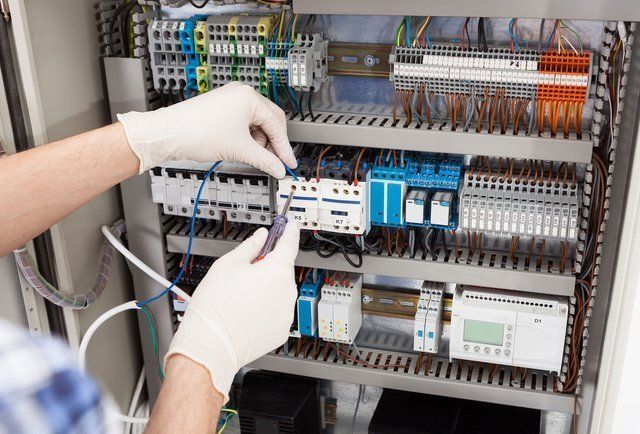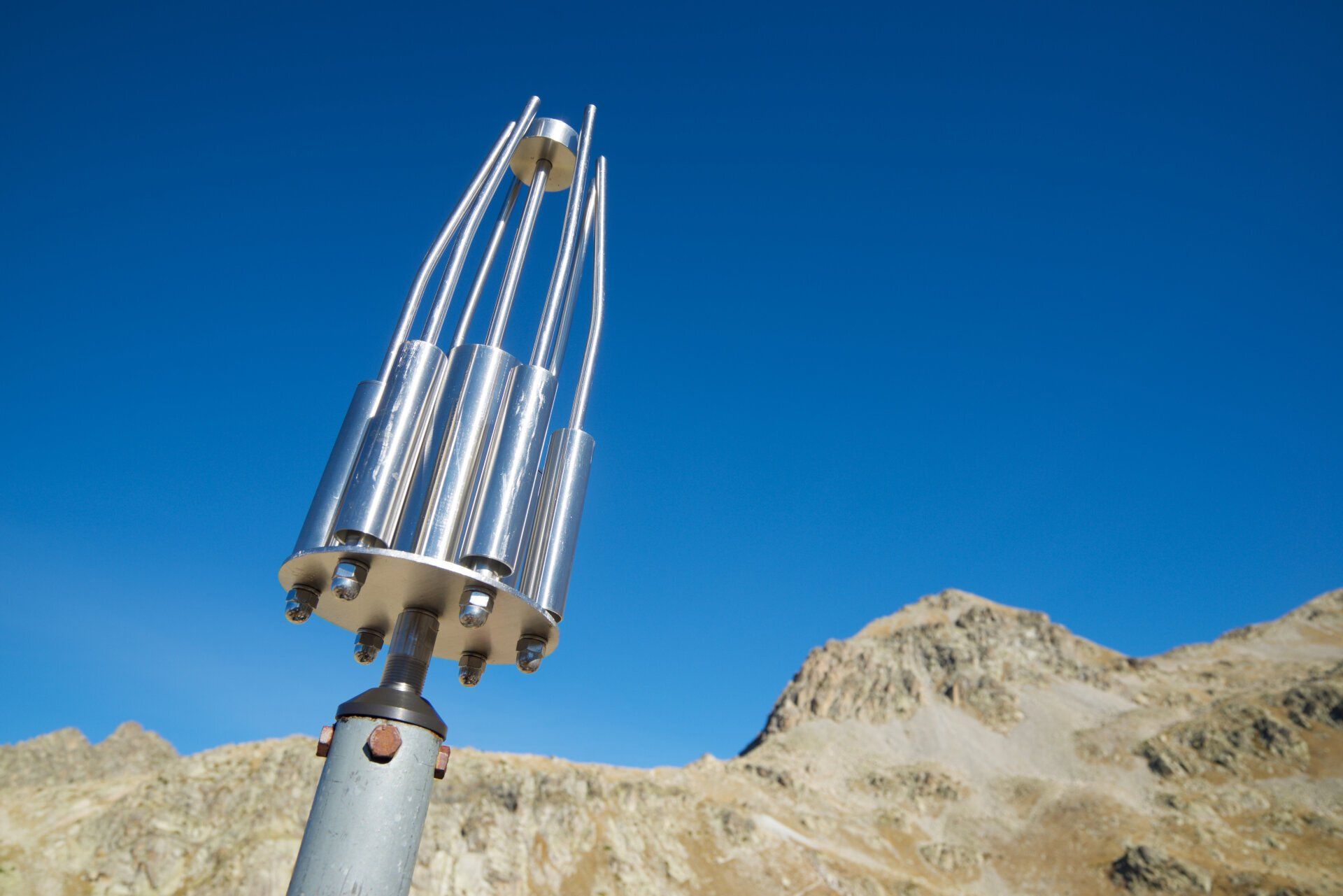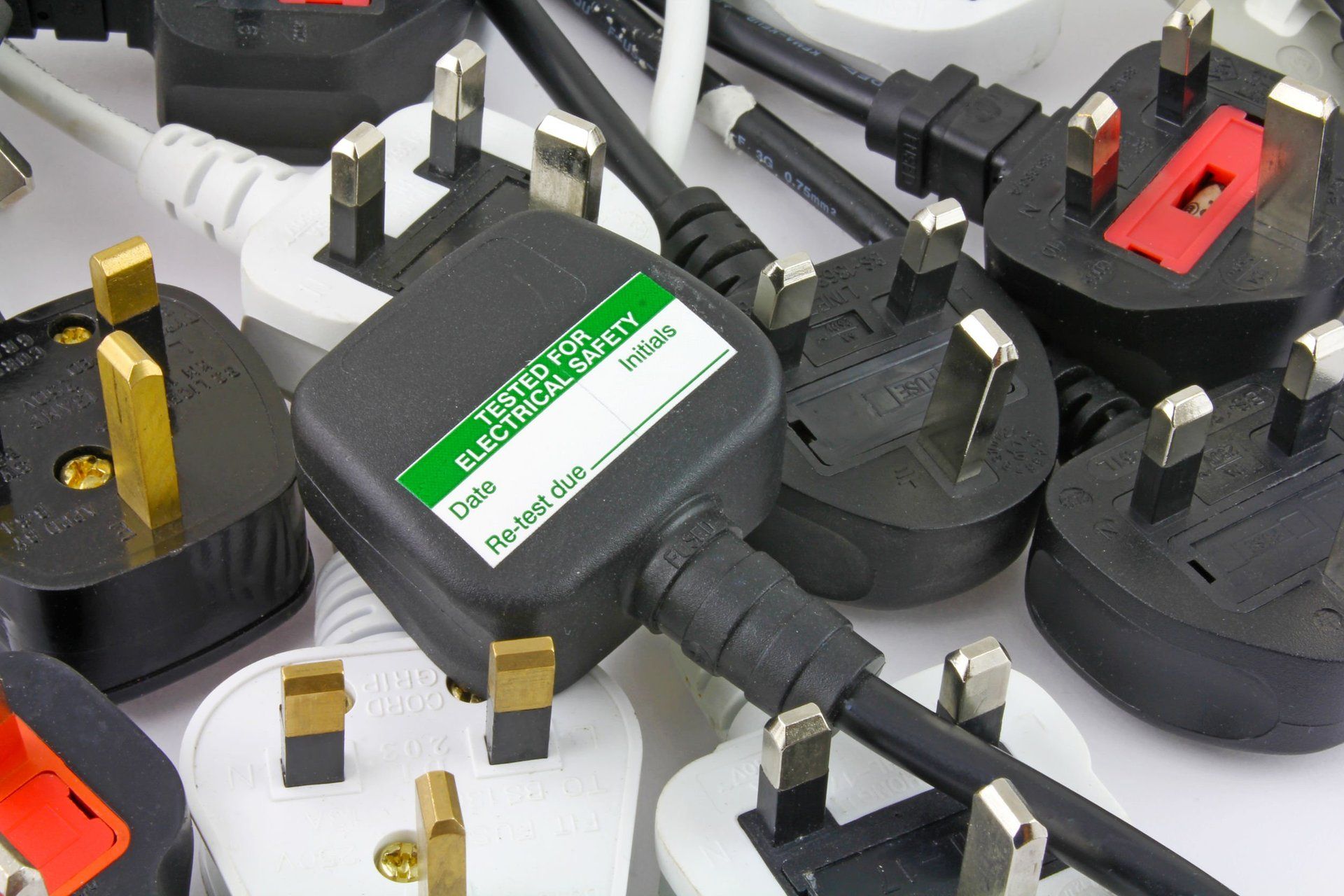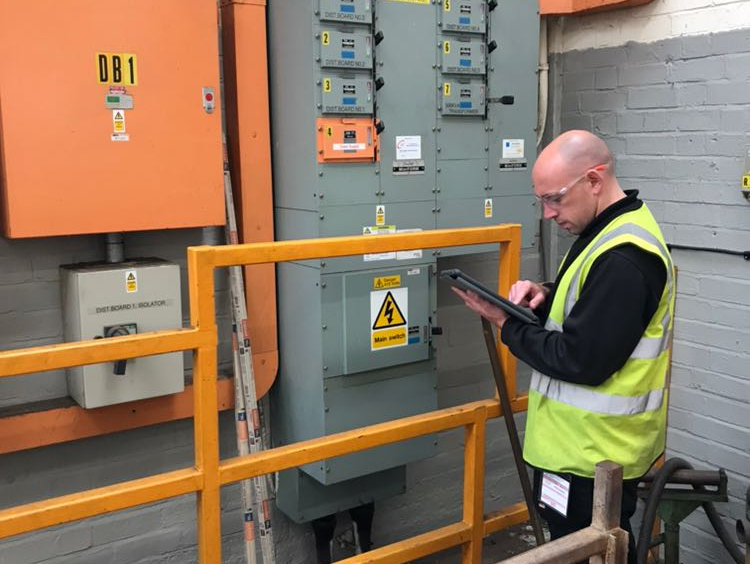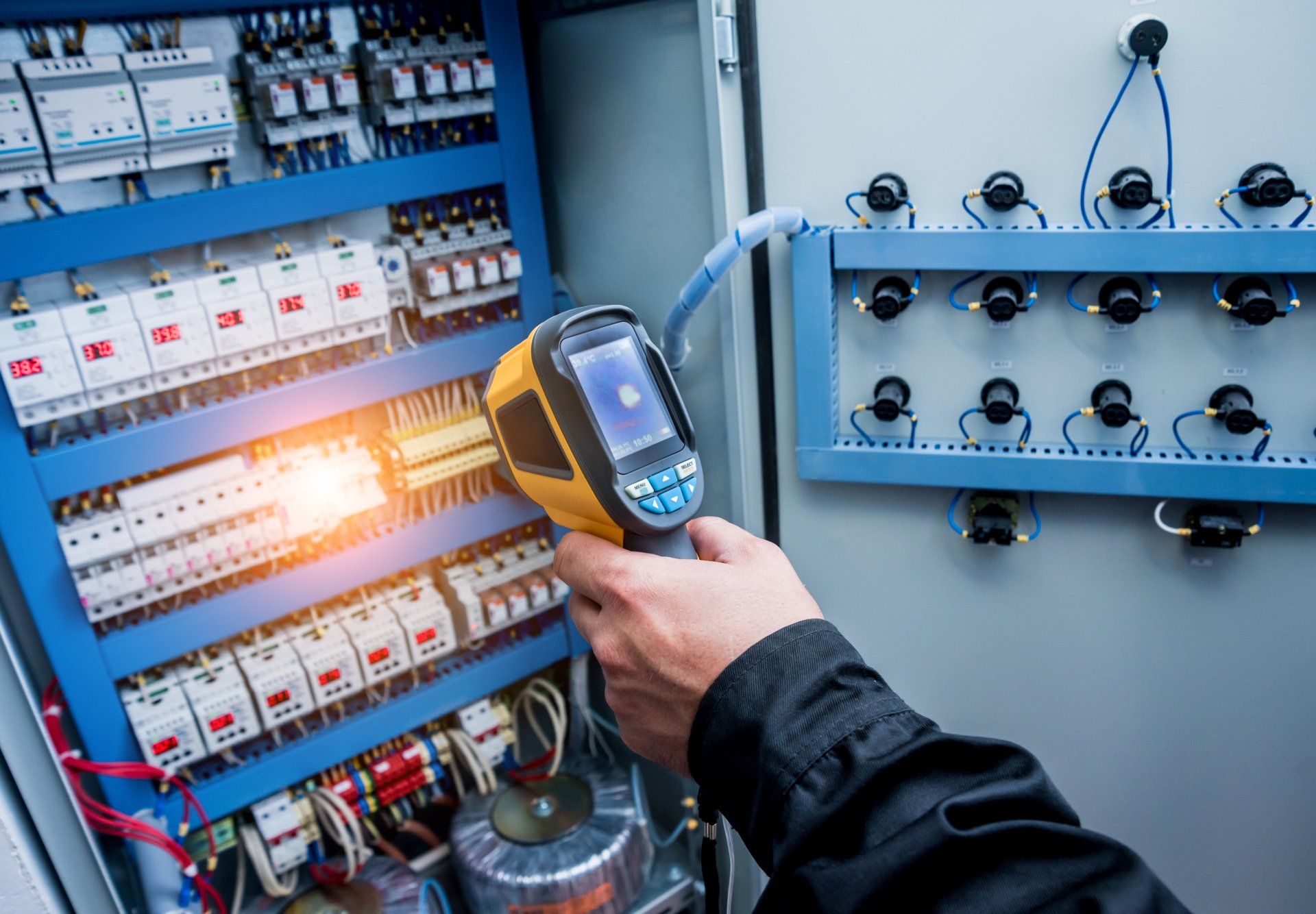Electrical Test Certificate
Commercial Electrical Test Certificates
Do you require a Electrical Test Certificate?
The simple answer is yes, whether it’s your home, a business or a property you rent out, your electrical fixed wire installation should always be covered by an in date EICR.
Although it’s not a legal requirement to have an EICR many legal documents refer to this type of certificate as a way of satisfying their requirements- The Electricity at Work Act as one example.
The EICR will:
• Reveal if any of your distribution boards circuits or equipment are overloaded
• Find any potential shock risks and fire hazards in your installation
• Identify any defective work
• Highlight any lack of earthing or bonding
Inspections are also carried out on wiring and associated fixed equipment to check that they are safe. A schedule of circuits will also be provided, which is invaluable for a property.
Legal Responsibilities
Under The Health and Safety at Work Act 1974 “It shall be the duty of every employer to ensure, so far as is reasonably practicable, the health, safety and welfare at work of all his (and her) employees.”
Not only are all employers liable for the health and safety of their employees, but they must also protect any members of the public accessing, using or in contact with their business and premises.
In addition to this legislation, the Electricity at Work Regulations 1989 are made under The Health and Safety at Work Act 1974 and relate specifically to the hard wired systems in the workplace.
Regulation 3 from The
Electricity at Work Regulations 1989 identifies specifically those who are duty bound by the regulations:
(1) Except where otherwise expressly provided in these Regulations, it shall be the duty of every–
(a) employer and self-employed person to comply with the provisions of these Regulations in so far as they relate to matters which are within his control; and
(b) manager of a mine or quarry (within in either case the meaning of section 180 of the Mines and Quarries Act 1954) to ensure that all requirements or prohibitions imposed by or under these Regulations are complied with in so far as they relate to the mine or quarry or part of a quarry of which he is the manager and to matters which are within his control.
(2) It shall be the duty of every employee while at work–
(a) to co-operate with his employer so far as is necessary to enable any duty placed on that employer by the provisions of these Regulations to be complied with; and
(b) to comply with the provisions of these Regulations in so far as they relate to matters which are within his control.
During the inspection - What we do!
As an approved contractor will check the the installation against the requirements of BS7671 – Requirements for Electrical Installations ( IEE Wiring Regulations) – as amended, which is the national safety standard and contains around 850 Regulations. This is often referred to as a fixed wire test.
The inspection will take into account all relevant circumstances including the following factors:
- Adequacy of earthing and bonding
- Suitability of the switchgear and control gear e.g. consumer unit e.g. an old fuse box with a wooden back, cast iron switches, a haphazard mixture of such equipment is likely to need replacing
- Serviceability of equipment e.g. switches, socket-outlets and light fittings e.g. older round pin sockets, round light switches and braided flex hanging from ceiling roses to light fittings, black switches, sockets mounted in skirting boards may require replacing.
- Type of wiring system and its condition e.g. cables coated in black- rubber, black-rubber was phased out in the 1960s or cables coated in lead or fabric are even older and may need replacing (modern cables use pvc insulation)
- Provision of residual current devices for socket-outlets that may be used to plug in the equipment used outdoors
- Presence of adequate identification and notices
- Extent of any wear and tear, damage or other deterioration
- Changes in use of the premises which have led to, or might lead to, deficiencies in the installation.
- The Approved Contractor will provide an EICR which you should retain.
Responsibilities And Requirements For Landlords
Until recently the legal requirements were somewhat confusing and a rather grey area.
Under the ‘Landlord and Tenants Act (1985) landlords must ensure that the installation in a rented property is maintained safely throughout a tenancy.
We now have some clarity and as of July 2020 it is now a legal requirement for a property to be inspected at least every 5 year and change of occupancy.
The law currently requires Landlords to provide a EICR installation certificates and also places a duty to keep all electrical systems and appliances in good repair and safe working order.
EICR Frequency Table
| Fixed Wiring Installation Type | Recommended Routine Check | Maximum Periods Between Tests |
|---|---|---|
| Residential | Change of Occupancy / 1 year | 5 years |
| Commercial | 1 year | 5 years |
| Educational Buildings | 4 months | 5 years |
| Hospitals | 1 year | 5 years |
| Industrial | 1 year | 3 years |
| Offices | 1 year | 5 years |
| Shops | 1 year | 5 years |
| Laboratories | 1 yea | 5 years |
| Cinemas/Theatres | 1 year | 3 years |
| Churches | 1 year | 3 years |
| Leisure Complexes | 1 year | 3 years |
| Swimming Pools | 4 months | 1 year |
| Public Entertainment | 1 year | 3 years |
| Restaurants / Hotels / Public Houses | 1 year | 5 years |
Requirements For Home Owners
BS7671 (Current Edition Wiring Regulations) recommends having an EICR carried out not more than 10 years apart.
It is also important to have this carried out if you are moving out or into a new home. It is common practice to be required to produce these documents during the sale of a property especially if any electrical works has been carried out in previous years. It is advisable to have an EICR carried out if it has never been carried out or you suspect poor quality additions.
If you purchase a new home just because the fuse-board looks new it does not mean it has been inspected and is safe. It should have a 5 page report or installation certificate. If it hasn’t it is likely that it is not complaint with current regulations & a potentially dangerous installation.
The usual cause of most faults and fires are sub standard work or even worse DIY wiring installations. The expression a little bit of knowledge is dangerous springs to mind. Just because something works it does not mean it is necessarily safe and will not go up in smoke or disconnect under fault conditions!
Maintenance
Save time and money with our tailored plans
Competitive Rates
Commercial EICR inspection from £6.00 per circuit
Multi-Council Approved
Working to a strict budget without compromising our quality of service




